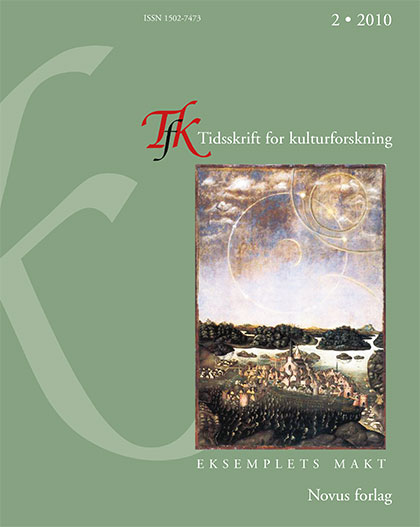Sammendrag
During the second half of the 18th century, enlightenment ideas about the foundations of the state and the foundations of criminal law were used to redefine key concepts of punitive theory. This is a common feature of European history. In Norway the official process of redefining punitive theory can be considered realised when a new criminal law, built on montesquieuean notions about the division of power and the state's obligation to secure the citizens liberty, was passed in 1842. The punitive theory of the early 18th century had revolved around the power of example and the King's divine mandate as the shepherd of his people. The transition from one system to another was far from clean, and readings of texts that in different ways were concerned with the administration of executions and the distribution of meaning from executions may shed light on the intricacies of the process of redefining punishment. The article examines one such text: Sofie Johanneses dødssang (death-song). The text is from a broadsheet distributed in relation to one of the last public executions in Norway, performed in 1876. Allegedly, the song was written by the convicted woman. Though criminal law was secularised, the execution-ritual was not. The text shows how Sofie could leave this world as a religious heroine, exemplifying key religious interests and values.
Forfattere beholder opphavsretten og gir tidsskriftet rett til første publisering av arbeidet. En Creative Commons-lisens (CC BY-SA 4.0) gir samtidig andre rett til å dele arbeidet med henvisning til arbeidets forfatter og at det først ble publisert i dette tidsskriftet.

